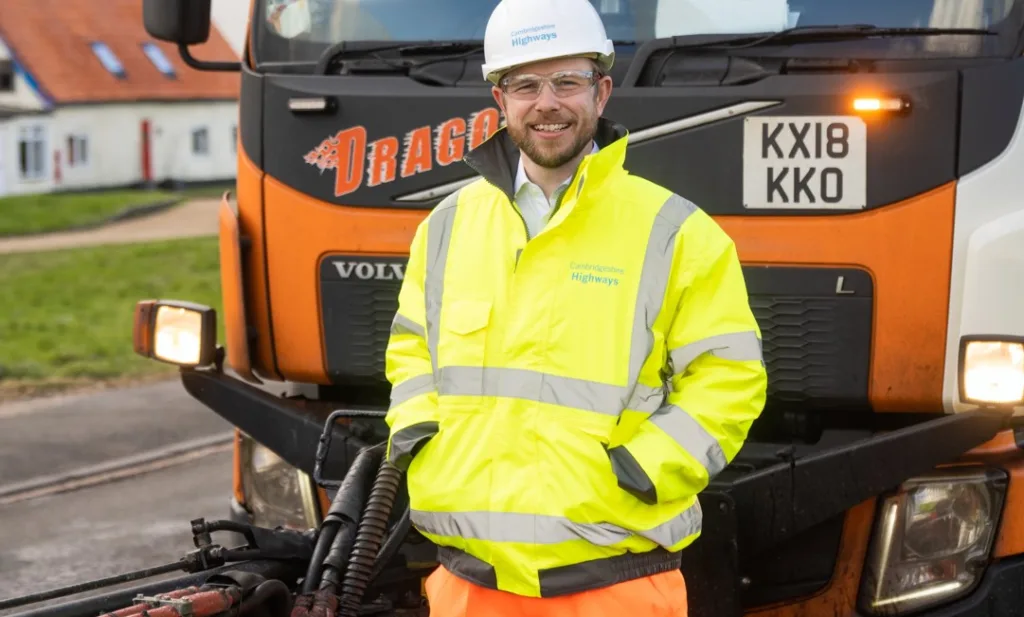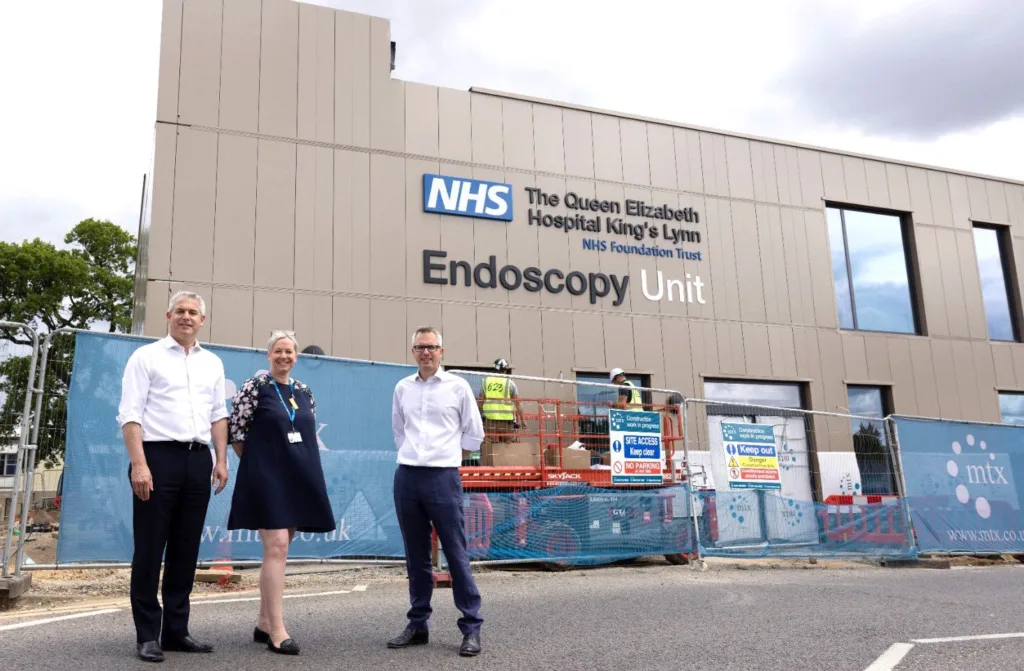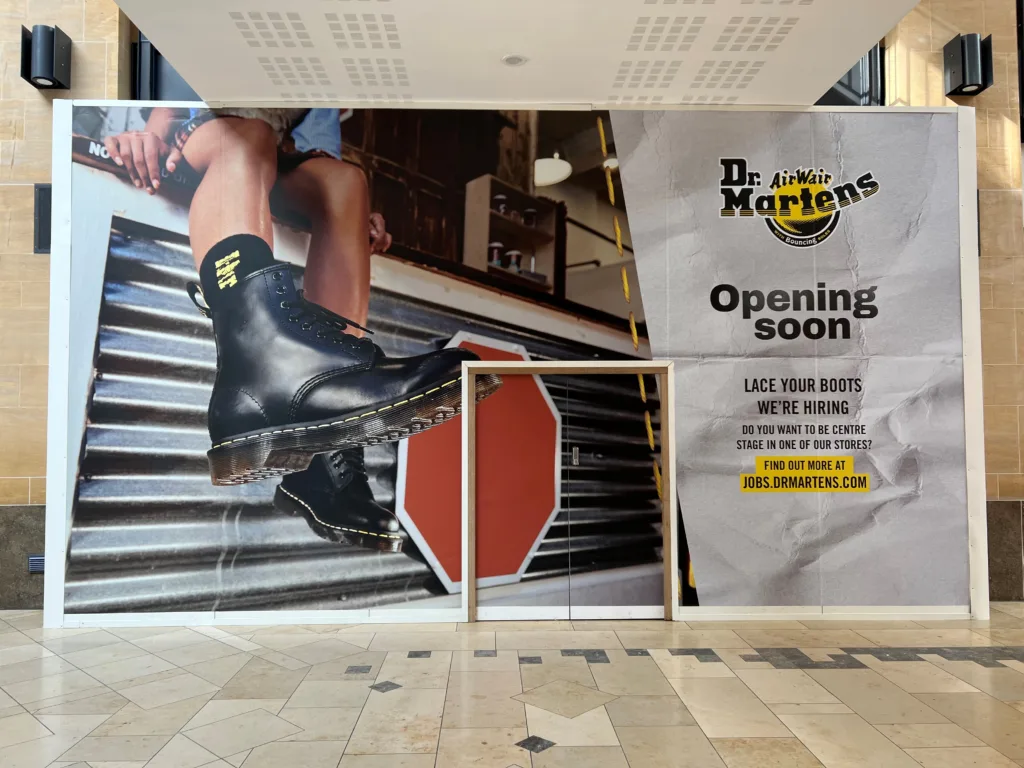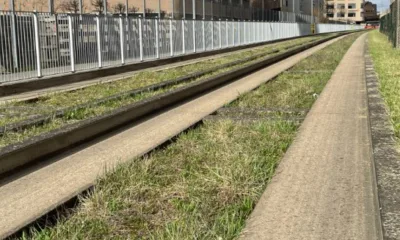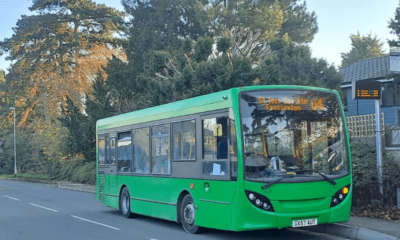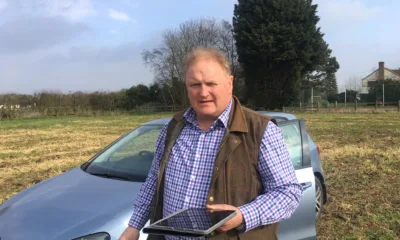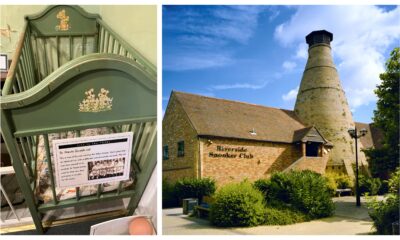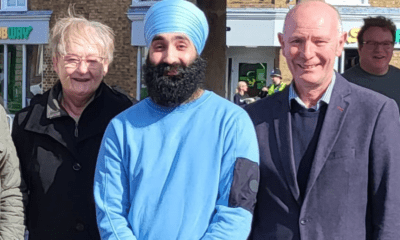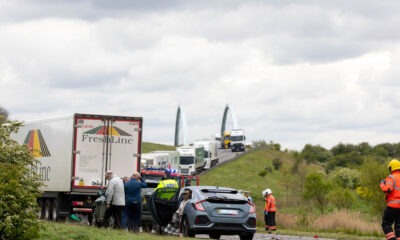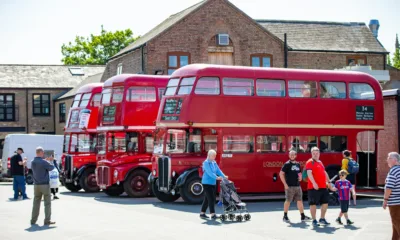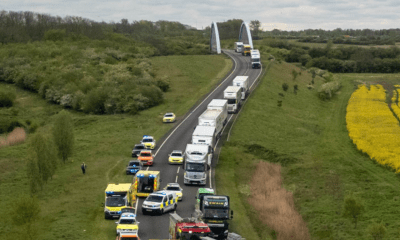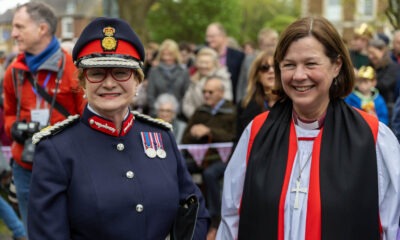Breaking
Stagecoach axe 18 Cambridgeshire routes
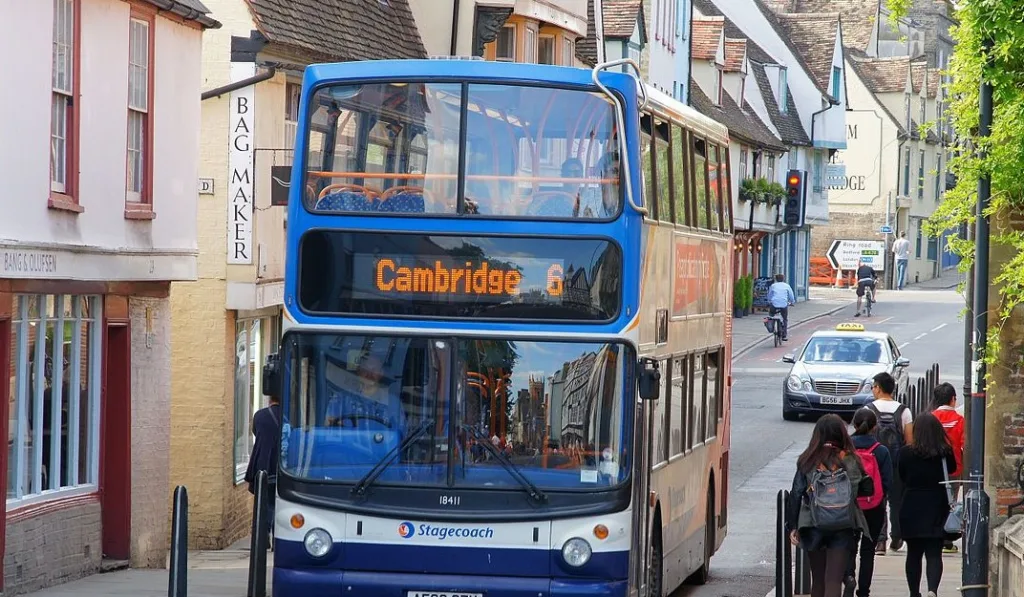
Cancellation of bus services affecting passengers across Cambridgeshire are proposed by Cambus – the operating subsidiary of Stagecoach.
Cambridge Area Bus Users group said the cutbacks were “devastating”.
Eighteen services are on a list on the Government’s licensing website.
Cambus Ltd operates services in and around Cambridgeshire, Peterborough, and Bedford.
In 2021 it made a pre-tax profit of £2.4m with revenue of £28.8m, but that later figure was down from £53m in 2020.
The company said it had been “adversely impacted by the substantial fall in passenger demand for public transport in response to the Covid-19 pandemic”.
And that is their ongoing problem, with post-Covid ridership down around 70 per cent of pre-Covid usage. Bus pass ridership is also down.
Immediate problem is that post-Covid ridership is around 70% of pre-covid (WFH etc) but bus-pass ridership is also down.
Cambus Ltd, in their annual accounts, offered a clue about their future.
With the continuing uncertainty of Covid-19 and the UK’s recovery, it said it remained “difficult to accurately forecast the precise timing and extent of how our profitability will recover”.
It said it could be sometime before usage recovered and Cambus revealed at the start of the year it was “therefore planning for a number of scenarios”.
These, listed below, are the services they feel they can no longer operate.
| Registration number | Operator name | Service number | Start point | Finish point |
| PF0000459/241 Cancellation |
CAMBUS LIMITED | 25 (25) | Addenbrooke’s | Trumpington |
| PF0000459/133 Cancellation |
CAMBUS LIMITED | 18 (18) | Cambridge | Longstowe |
| PF0000459/48 Cancellation |
CAMBUS LIMITED | 12 (12) | Cambridge | Ely |
| PF0000459/199 Cancellation |
CAMBUS LIMITED | 9B (39) | Ely | March |
| PF0000459/49 Cancellation |
CAMBUS LIMITED | 11 (11) | Cambridge | Bury St Edmunds |
| PF0000459/169 Cancellation |
CAMBUS LIMITED | 24 (24) | Peterborough | Lynch Wood |
| PF0000459/170 Cancellation |
CAMBUS LIMITED | 23 (23) | Peterborough | Lynch Wood |
| PF0000459/242 Cancellation |
CAMBUS LIMITED | 30 (30) | Huntingdon | Ramsey |
| PF0000459/243 Cancellation |
CAMBUS LIMITED | 35 (35) | March | Huntingdon Rail Station |
| PF0000459/281 Cancellation |
CAMBUS LIMITED | V1 (V1) | St Ives | Ramsey |
| PF0000459/283 Cancellation |
CAMBUS LIMITED | V3 (V3) | St Ives | Somersham |
| PF0000459/280 Cancellation |
CAMBUS LIMITED | 904A (904) | St Ives | Huntingdon |
| PF0000459/282 Cancellation |
CAMBUS LIMITED | V2 (V2) | St Ives | March |
| PF0000459/284 Cancellation |
CAMBUS LIMITED | V4 (V4) | St Ives | Boxworth |
| PF0000459/50 Cancellation |
CAMBUS LIMITED | 10 (11) | Cambridge | Newmarket |
| PF0000459/278 Cancellation |
CAMBUS LIMITED | 915 (915) | Royston | Cambridge |
| PF0000459/160 Cancellation |
CAMBUS LIMITED | 776 (72, 73) | Bedford | Biggleswade |
| PF0000459/285 Cancellation |
CAMBUS LIMITED | V5 (V5) | Hinchingbrooke | Godmanchester |
| PF0000459/225 Cancellation |
CAMBUS LIMITED | 22 (22) | St Ives Bus Station | Marley Road St Ives |
| PF0000459/287 Cancellation |
CAMBUS LIMITED | 29 (29) | City Hospital | Hampton |
| PF0000459/176 Cancellation |
CAMBUS LIMITED | 65_66 (66) | Huntingdon | Eaton Socon |
Richard Wood, Secretary of Cambridge Area Bus Users, said: “Our group believe reliable bus services, over longer hours, with affordable fares are essential to serve the Cambridge region’s growth, and to tackle the climate crisis.
“These latest cutbacks will be devastating for rural residents – and bring more congestion to Cambridge’s already traffic-choked streets.
“The bus user’s point of view needs to be heard more clearly, which is why Cambridge Area Bus Users are planning a post-Covid relaunch. We are seeking people who can be active in running the group.”
Readers can email the group at contact.cabu@gmail.com, or find out more by visiting their website – cbgbususers.wordpress.com.
Could bus franchising be the answer? Cambridge Bus Users Groups offers this view.
The Bus Services Act 2017 provides Mayoral Combined Authorities – including the Cambridgeshire and Peterborough Combined Authority – with the powers to implement bus franchising in their area – akin to the system operated by Transport for London.
The current situation
Bus services outside London were deregulated in 1986. Since then, there have been two systems of bus provision – one for London and one for the rest of Britain.
In London, Transport for London (accountable to the mayor) specifies what bus services are to be provided. TfL decides the routes, timetables, and fares. The services themselves are operated under contract by private companies* through a competitive tendering process.
[* These companies include Stagecoach and Tower Transit, Whippet’s sister company.]
In the rest of the country, it’s a free market, meaning that anyone (subject to minimum safety and operating standards) can operate bus services. Bus operators are free to run whatever services they like, [decide] the fares they will charge and the vehicles they will use. This results in an uncoordinated network with a confusing array of ticketing options.
Although in theory it is a competitive market, in reality most bus services are now provided by five large companies who rarely compete against each other (Arriva, First, Go-Ahead, National Express and Stagecoach). Operators focus on the most profitable journeys, with local transport authorities having to pay operators to run journeys on some routes that are socially necessary.
What does franchising offer?
Under bus franchising, the deregulated bus market is suspended, and bus operators are only able to provide services under contract to the local transport authority. This approach is used extensively across Europe, in London and elsewhere as it offers a range of significant advantages that are impossible under partnership – such as integrated ticketing, network planning, cross subsidy across bus services and other modes and unified marketing.
In short, franchising brings together the strengths of private operators in efficient service delivery but within a co-ordinated and planned public transport network… [allowing] the sensible co-ordination of bus services within a competitive market that drives operators to deliver better value for the public purse. [Urban Transport Group, Briefing document]

